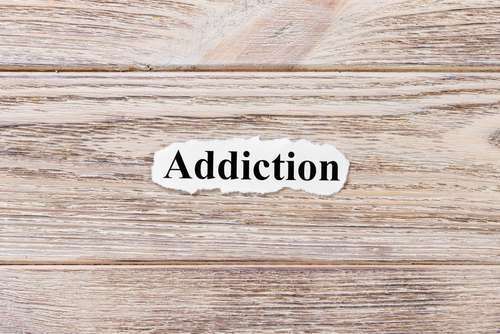Emotional intelligence describes how well you relate to yourself and others, as opposed to cognitive intelligence, which is more about how you relate to the physical world and abstract concepts. Emotional intelligence has five parts: self-awareness, self-regulation, motivation, compassion, and social skills. All of these are important to some degree in recovering from addiction.
Self-awareness.
This simply means knowing your strengths, your weaknesses, and why you do what you do. The problem with self-awareness is that it’s really, really hard. It’s almost impossible to accurately perceive your own personality and behaviour. Our friends and family often understand us much better than we understand ourselves. If we want to understand ourselves better, we have to listen to what people who know us tell us and we have to ask for feedback. It’s also helpful to keep a journal and really dig into why you do what you do.
Self-awareness is especially difficult when you have an addiction, because our ego wants to protect itself from having to confront a problem like addiction. Once you accurately perceive the problem, usually with help from others, self-awareness is important to identify triggers.
Self-regulation.
Now that you are aware of the problem, and have identified your triggers and situations you find especially difficult, what do you do about it? This is where self-regulation comes in. It doesn’t matter how well you know yourself if you can’t use that knowledge to regulate your behaviour. Self-regulation is a major goal of therapy and meetings. You learn tools for various situations, like waiting out a craving or learning to relax in a stressful situation. This is how you turn the hard-won knowledge about yourself into real improvements.
Motivation.
Self-awareness and self-regulation are never complete. Every day, you have to work to understand yourself a little better and manage your emotions with a little more skill. To keep up that effort, you have to learn how to motivate yourself. That may mean focusing on the ways your life has improved since getting sober, working towards specific goals, or remembering exactly how bad life was in active addiction.
Compassion.
Compassion is essential in recovery. You have to have compassion for yourself so you can stop beating yourself up and start healing. You have to have compassion for your friends and family to strengthen your social connection. You have to have compassion for others in recovery so you can support them and be of service.
Social skills.
This is really the culmination of the other skills. The more socially skilled you are, the stronger your support network will be and that will help you succeed.
Castle Craig Hospital is a landmark of addiction and mental health treatment in Scotland, serving the UK, the EU, and patients from all over the world. Our commitment to long term abstinence has created a successful programme of clinical and complementary therapies for mind, body, and spirit. Serving over 10,000 patients for more than 25 years, the Castle Craig model is proven in changing lives. Call our 24 hour free confidential phone-line for information: 01721 546 263. From outside the UK please call: +44 808 271 7500


